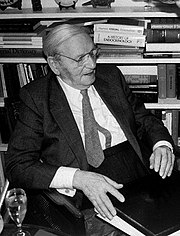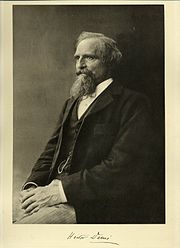Design
Design
Personality
Chart Properties
Your Cross represents the specific theme of your life. This cross embodies your unique potential & the lessons you're here to learn, providing a roadmap to fulfilling your life purpose.
We use the UTC birth time and date to do the calculations required to generate your Human Design chart.
Buy Tokens
Pay as you use, no expiry and no subscription required.Prompt Ideas
Get inspired with some epic prompt ideas.Niccolò Machiavelli's Biography
Italian statesman, politician, philosopher, historian and theorist who advocated in his political treatise, Il Principe (“The Prince,” written about 1513), that the end justifies the means. He has often been called the father of modern political philosophy and political science. His life demonstrated intrigue in political conflicts with the infamous Borgias.
Born to a distinguished family, he worked in the chancellery of the Florentine republic from 1498-1512, then as secretary in charge of war and foreign affairs. Machiavelli introduced conscription in Florence in 1506, preferring to use the native people over the unreliable, expensive mercenary troops. He had administrative and diplomatic duties, traveling to France, Germany and Italy and knew political leaders throughout these countries, including Cesare Borgia.
Machiavelli was accused of conspiracy in 1513, imprisoned and tortured, then banished from Florence. He retired to his farm in San Casciano where he wrote his major works. He returned to Florence in 1520 where he held minor posts under the Medici until his death.
Machiavelli’s name is associated with treachery even today with his statement, “The end justifies the means.” He notably said that a ruler who is establishing a kingdom or a republic, and is criticized for his deeds, including violence, should be excused when the intention and the result is beneficial.
Machiavelli married Marietta Corsini in 1502. He died on 21 June 1527 at age 58 in Florence, Italy. The term Machiavellian often connotes political deceit, deviousness, and realpolitik.
Link to Wikipedia biography
Your Cross represents the specific theme of your life. This cross embodies your unique potential & the lessons you're here to learn, providing a roadmap to fulfilling your life purpose.
We use the UTC birth time and date to do the calculations required to generate your Human Design chart.
Prompt Ideas
Get inspired with some epic prompt ideas.

Wilhelm Feldberg
3/5 Sacral Manifesting GeneratorGeorges van Parys
5/1 Emotional - Solar Plexus Manifesting GeneratorEric Gutkind
2/4 Emotional - Solar Plexus Projector





